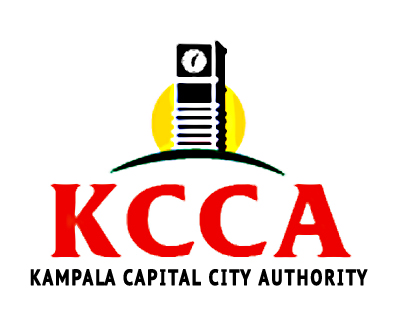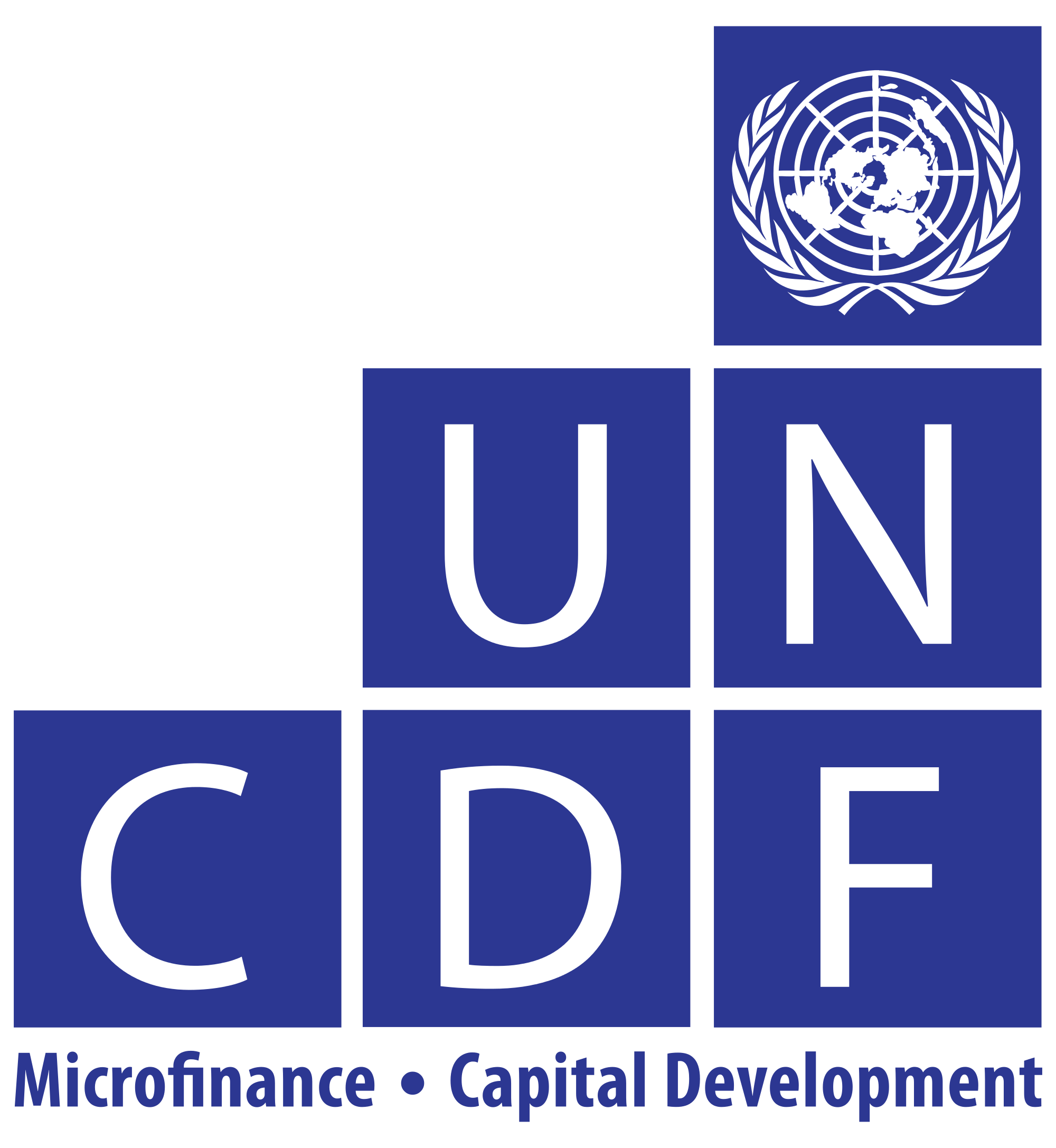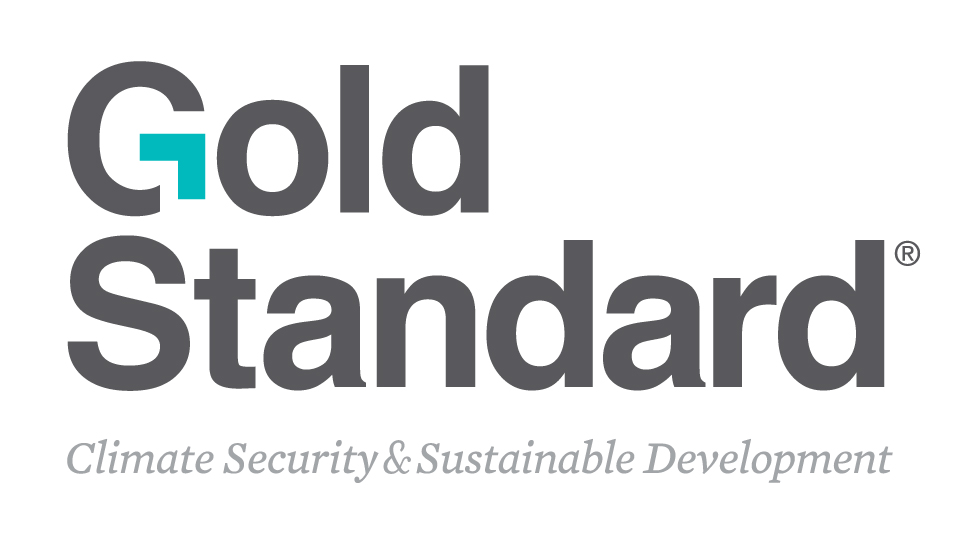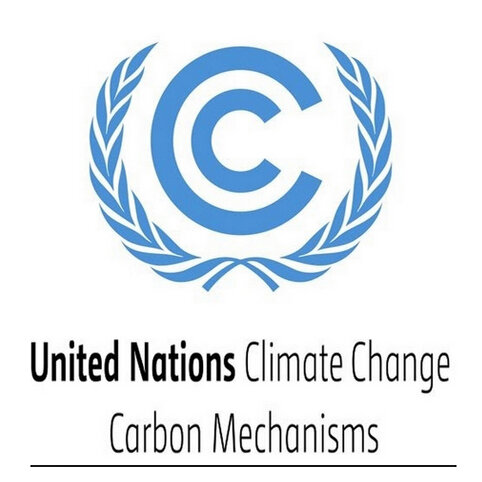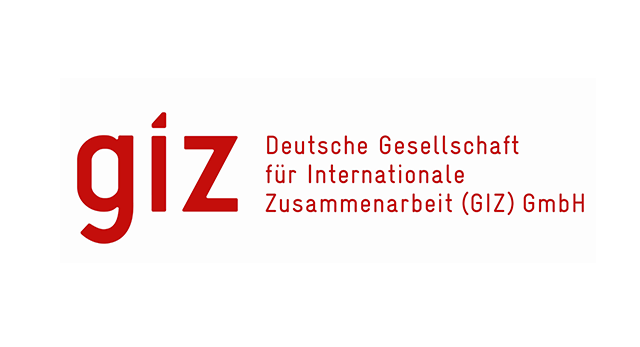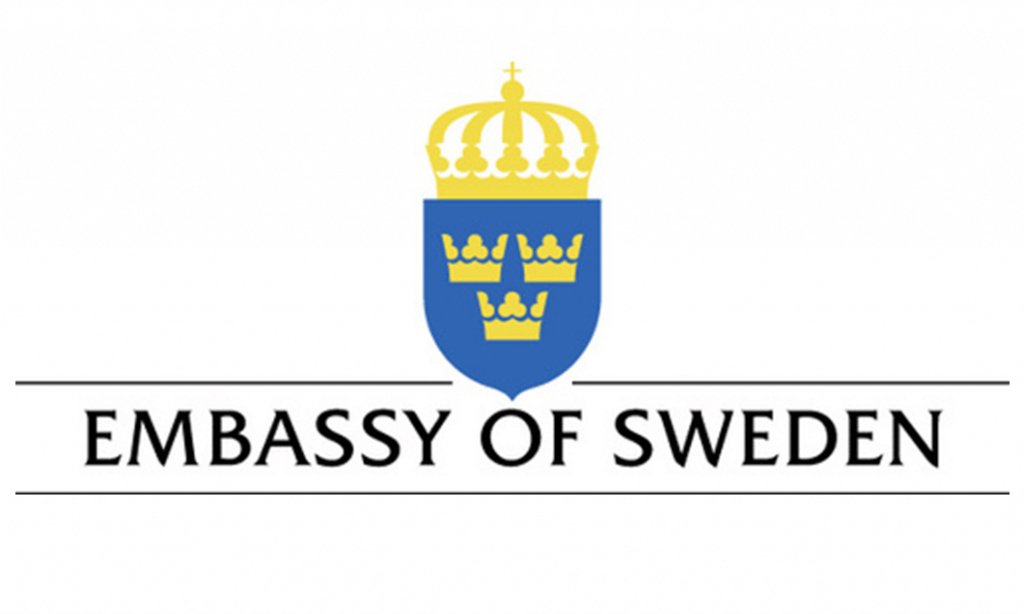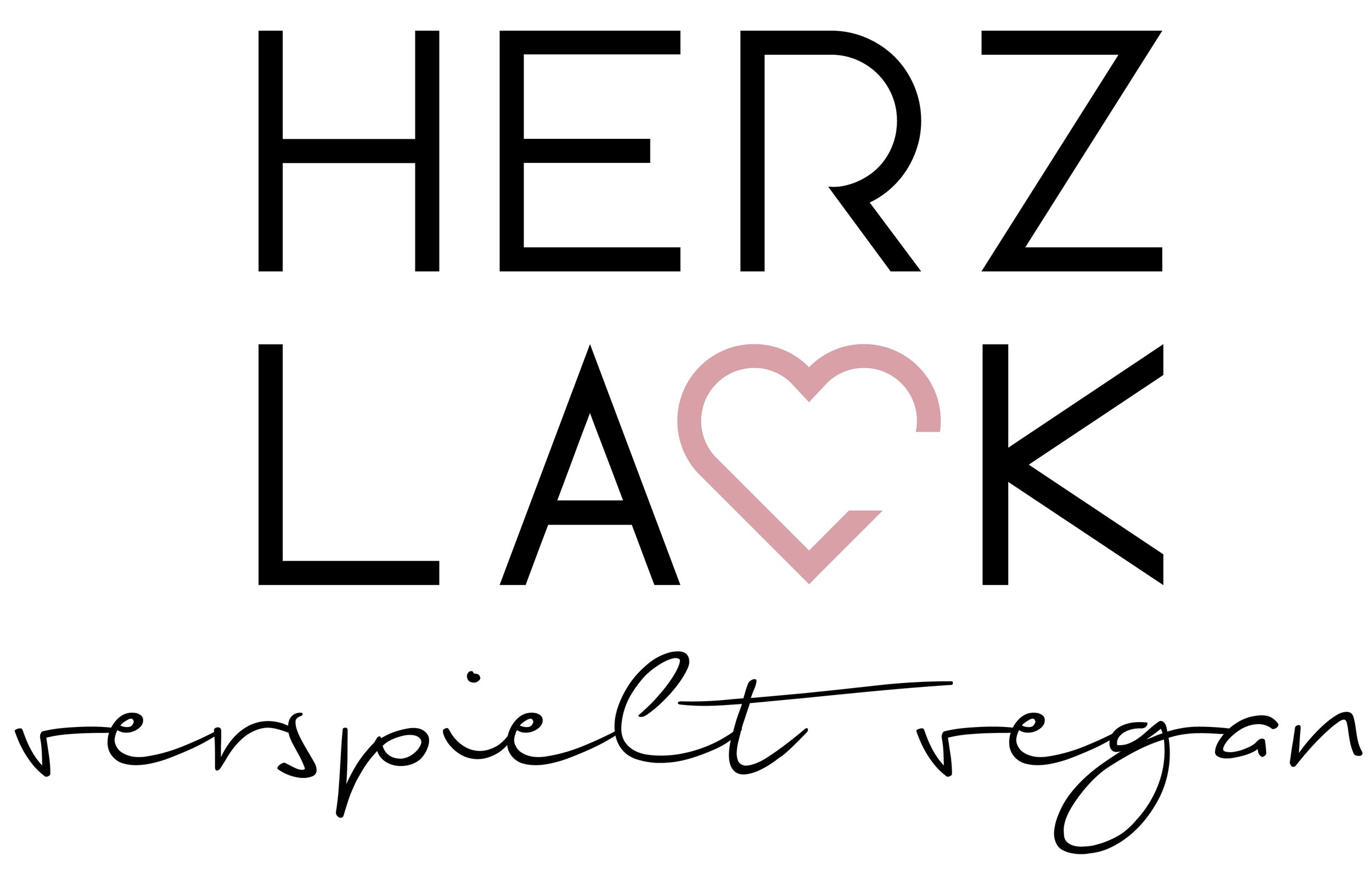Institutional Improved Cook Stoves
Simoshi’s first project targets institutions with efforts to improving their cooking practices, through the installation of 600 institutional improved cook stoves (IICS) in 200 boarding and day schools around Kampala, Uganda, by December 2025. Various donors are supporting such endeavours, including UNDCF, GIZ, Herzlack, SNV and the World Bank, to ensure schools can move up the energy ladder.
The unique business model provides schools accessing an IICS through the daily reduction of firewood used, hence a reduction of CO2. The subsequent financial transaction of the carbon credits assists with absorbing costs to support schools with free annual maintenance for a 10-year period and managing on-going behavioural change in the kitchen environment.
The final goal is ensuring the full capacity of the Project Activity is reached, including 450 schools, benefiting 340,000 children and reducing 31,286 tonnes of annual CO2 emissions.
The chosen technology is the rocket stove design, locally manufactured by Uganda Stove Manufacturers Limited. Its rocket design principle focuses on achieving efficient fuel combustion at a high temperature by ensuring a good air draft into the fire, controlled use of fuel, complete combustion, and the efficient use of the resultant heat.
Education - Climate Change Awareness
Raising awareness on the consequences of traditional cooking practices is pivotal to Simoshi's mission, and this on-going activity is funded by various national and international donors. The campaign focuses on targeting children in the classrooms, aimed at addressing the benefits of clean energy, building the perception, motivation and behaviour for them to transfer that knowledge to their parents at home, hence changing behaviour towards more efficient cooking practices through the use of a household improved cook stove.
According to WHO, nearly 20,000 deaths are attributable annually to indoor and outdoor air pollution from solid fuel use, which is responsible for 4.9% of Uganda’s national burden of disease (2002). Pneumonia and diarrhoea remain the major causes of death of young children. As stated in the latest WHO report, these two diseases together account for 29% of all deaths of children under 5 years of age and result in the loss of 2 million people each year worldwide. In their proven research and recommendations given, they state, “household air pollution with improved stoves has been shown to reduce severe pneumonia. Safer and more efficient energy in the home prevents burns, saves time and fuel costs, and contributes to better development opportunities”.
Especially educational and informative sessions have been designed and are provided throughout the year, to raise awareness within the school students, promoting best cooking practices, and showcasing successful efforts.
Commercial Induction Cook Stoves
Throughout 2025 Simoshi is testing commercial induction cook stoves (CICS) of 100 litres capacity, to ensure those schools that have been supported for the past 9 years with their institutional improved cook stoves (IICS) can, once again, move up the energy ladder, to transition to electric cooking. Tests are currently on-going in house, to analyse the amount of kWh used to prepare the traditional dishes cooked in the schools: beans, porridge, posho, rice, and boiling water for tea. Two government aided schools are also testing the CICS during a whole school term, to collect cooks’ feedback, preferences, and compare with their previous consumption on fuel spent.
Such project is being designed to get it validated with the Gold Standard, to replicate Simoshi’s successful experience with its registered project activity “Institutional Improved Cook Stoves for Schools and Institutions in Uganda” GS4364 and ensure its 120 supported schools can transition to a renewable and clean cooking technology, and can enjoy the same support for another decade to come.

